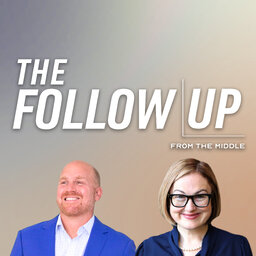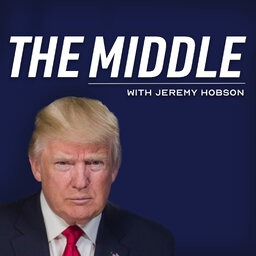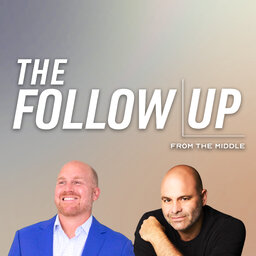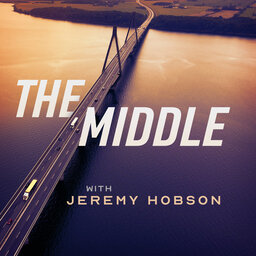OTTD: Attacks on Public Media
In this episode of One Thing Trump Did, we explore the Trump Administration's attacks on public media, including an executive order banning federal funds for NPR and PBS. Jeremy is joined by Tim Black, President and CEO of Tri-State Public Media and WNIN in Evansville, Indiana. #NPR #PBS #CPB #Trump #funding #publicmedia #publicradio #funding
In 1 playlist(s)
The Middle with Jeremy Hobson
The Middle with Jeremy Hobson is a national call-in talk show focused on bringing the voices of Amer…Social links
Follow podcast
Recent clips

The Follow Up: Fear in Trump's First Year, Michigan and the Midterms
22:56

One year of Trump: How are His Policies Affecting You?
49:39

The Follow Up: Minneapolis, Maduro’s Capture, and the First Days of Mamdani
26:52
 The Middle with Jeremy Hobson
The Middle with Jeremy Hobson